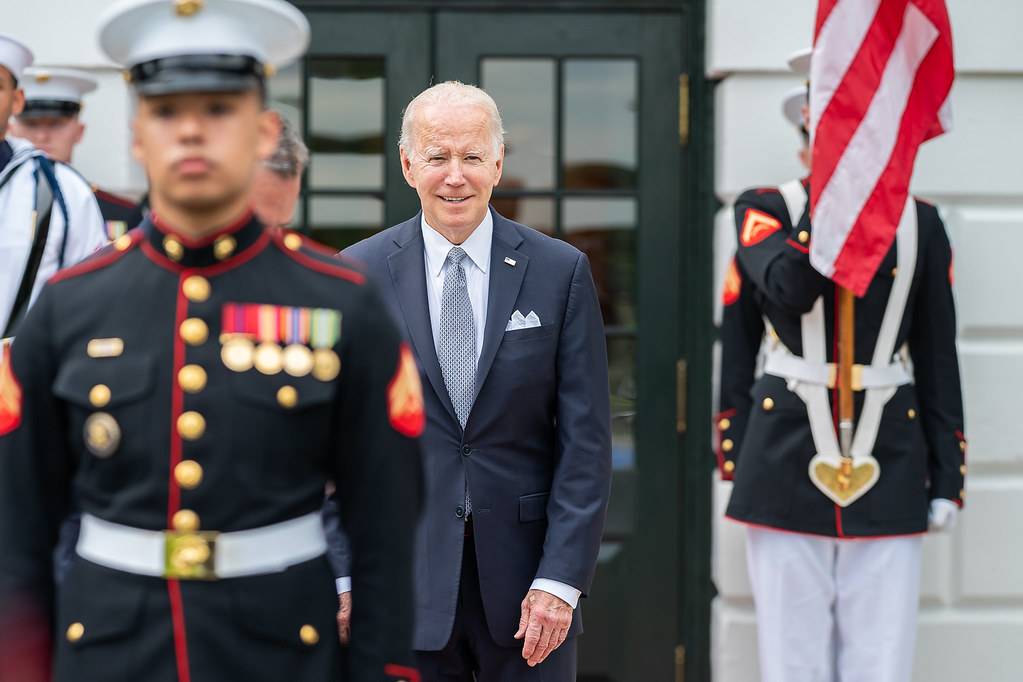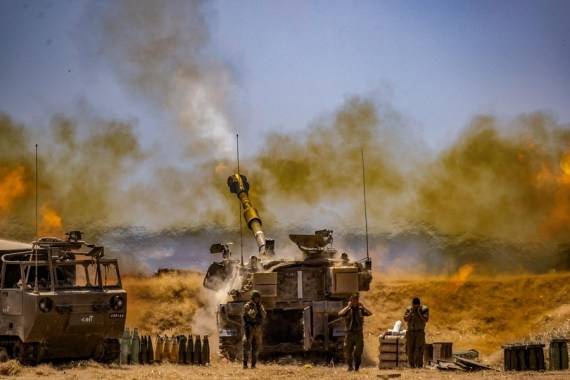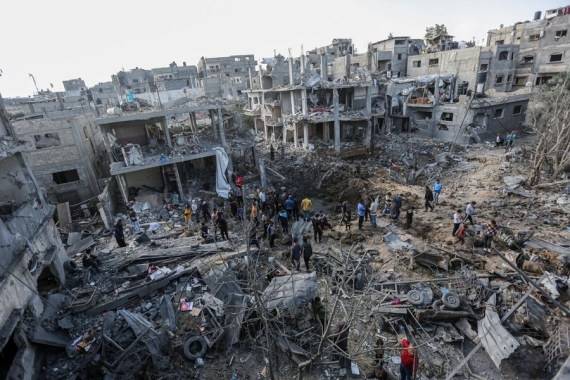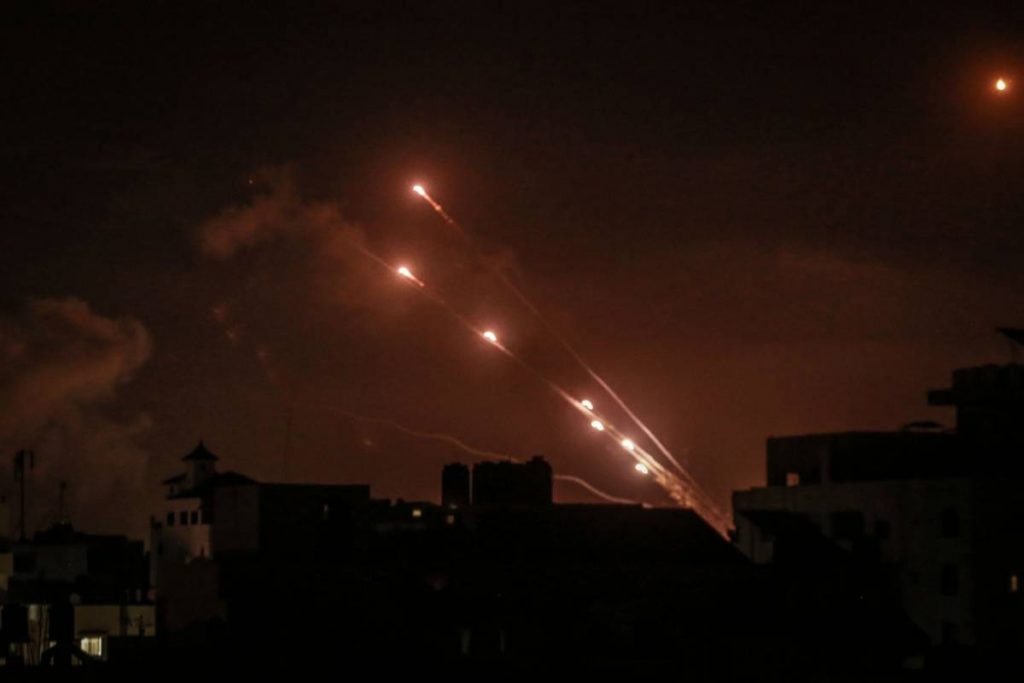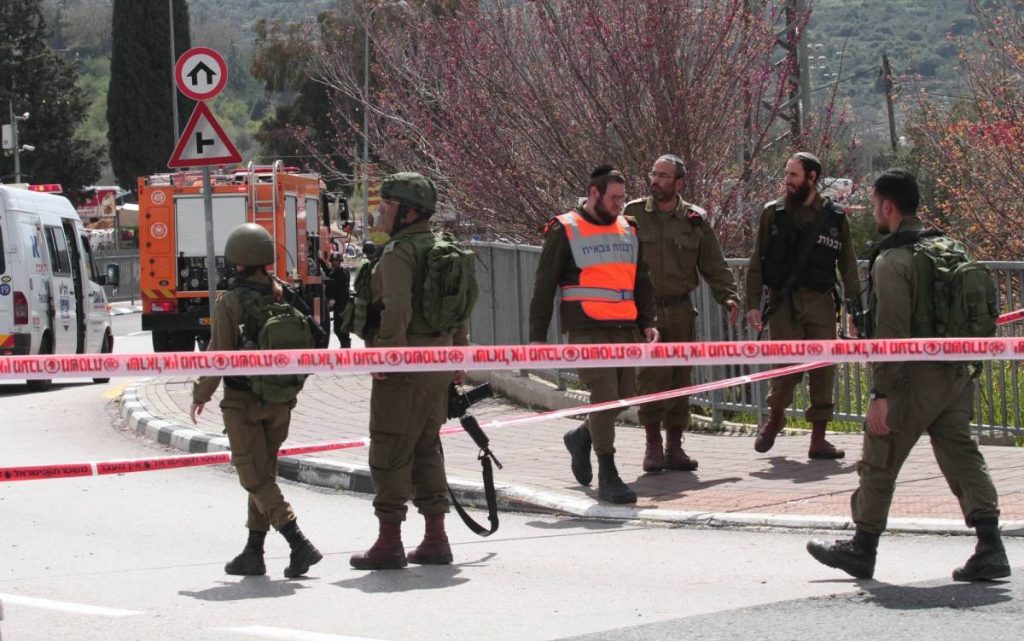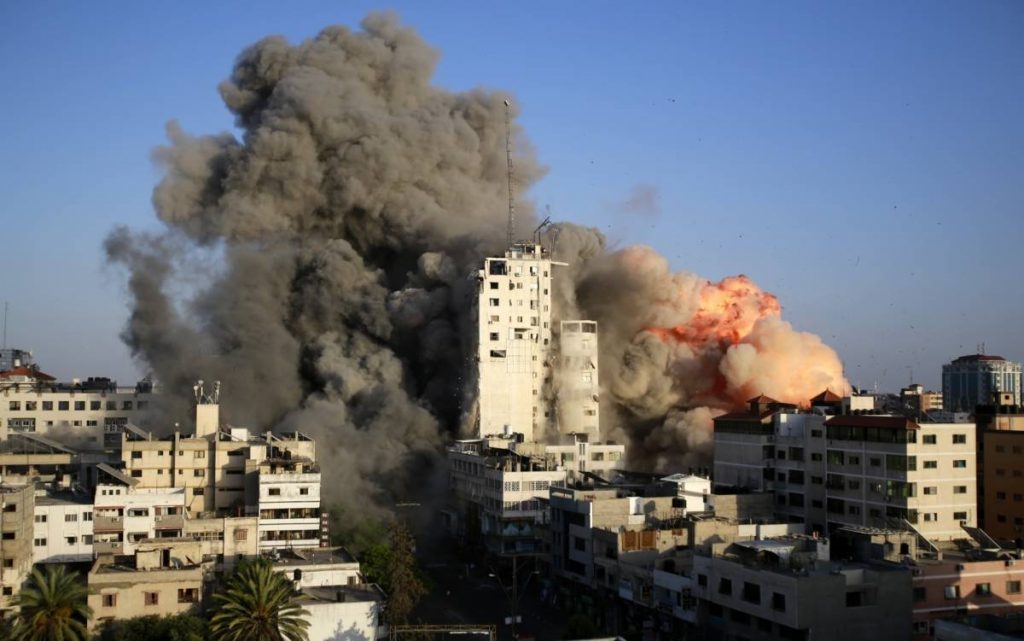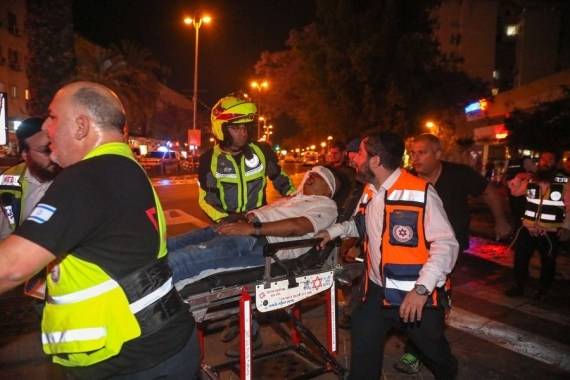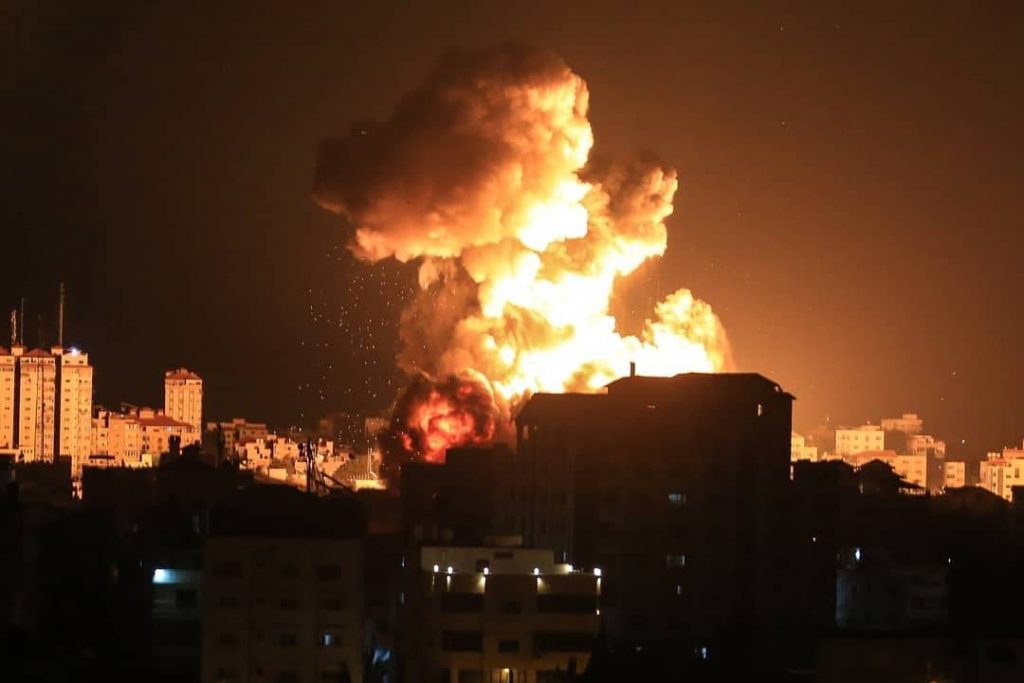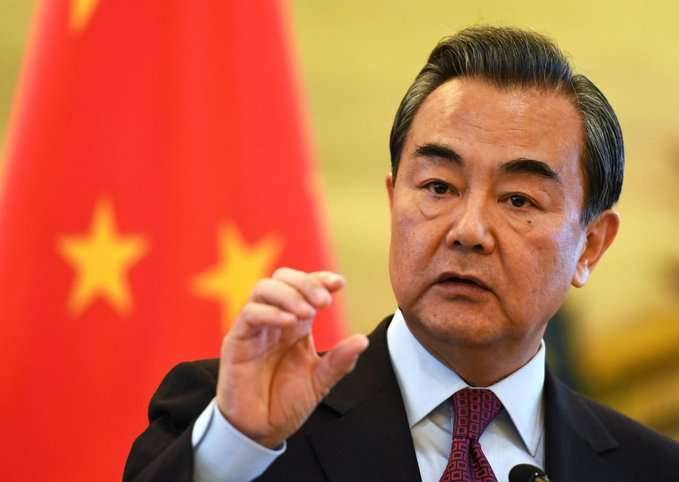The US has supported India’s quest for a permanent seat in the Security Council and despite Washington’s misgivings over New Delhi’s neutrality over Russia’s invasion of Ukraine, there is no discernible change in Washington’s stance, reports Arul Louis
Giving a new impetus to the movement for UN Security Council reforms, US President Joe Biden will consult with other leaders during the General Assembly’s upcoming high-level session to “forge a consensus” on expanding the Council, according to Washington’s Permanent Representative Linda Thomas-Greenfield.
“We should forge consensus around sensible and credible proposals to expand the Security Council’s membership,” she said while addressing the Future of the UN in San Francisco on Thursday.
“During this month’s General Assembly, President Biden, Secretary (of State Antony) Blinken, and I plan to consult broadly on our individual and collective responsibilities under the UN Charter, including critical questions around reform of the Security Council and other UN organs,” she said.
“You can expect to hear more from us on this issue.”
Prime Minister Narendra Modi will not be at the General Assembly’s annual high-level meeting that starts on September 20, instead External Affairs Minister S. Jaishankar will represent India.
“The Security Council should also better reflect the current global realities and incorporate more geographically diverse perspectives,” Thomas-Greenfield said.
The basic structure of the Security Council goes back to the geopolitics of 1945 when the five countries that had won World War II — China (then represented by what became the leadership of Taiwan), France, the UK, the US and the Soviet Union (now succeeded by Russia) — assumed veto-wielding permanent membership.
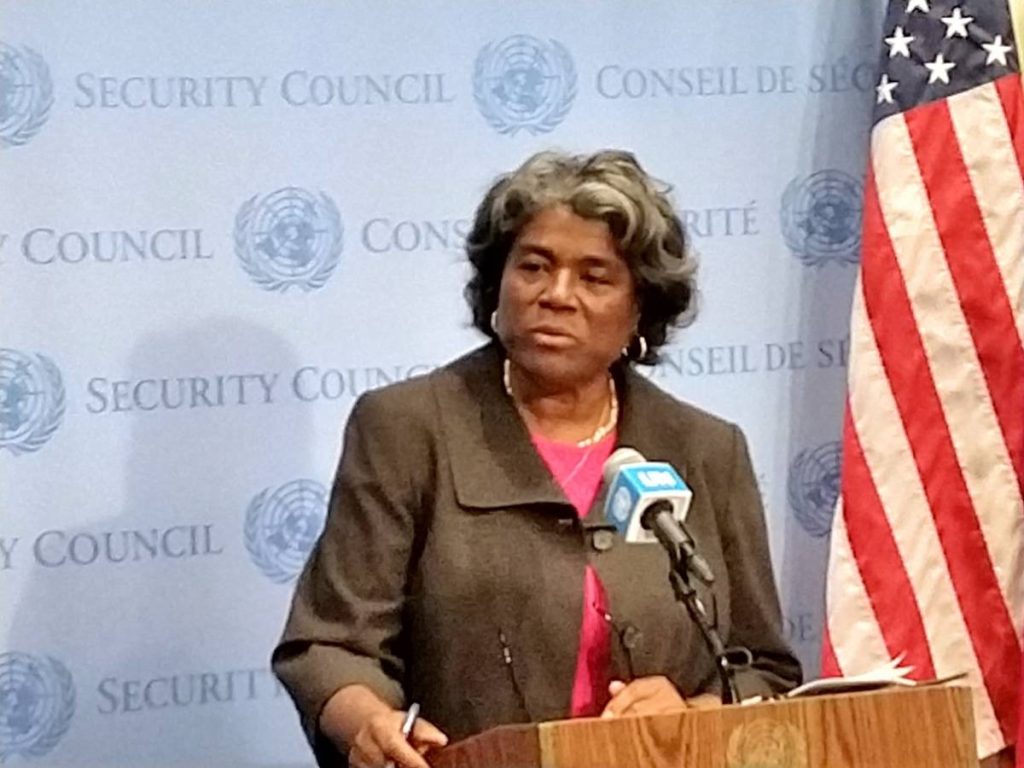
“We should not defend an unsustainable and outdated status quo. Instead, we must demonstrate flexibility and willingness to compromise in the name of greater credibility and legitimacy,” she said emphasising the need for reforms.
The US has supported India’s quest for a permanent seat in the Security Council and despite Washington’s misgivings over New Delhi’s neutrality over Russia’s invasion of Ukraine, there is no discernible change in Washington’s stance.
Thomas-Greenfield said that as a permanent member, the US “will enhance cooperation, inclusivity, and transparency”.
Since the Security Council got its mandate from the total membership of the UN and acts on its behalf, its “members should engage frequently and substantively with the General Assembly, with UN bodies, with relevant regional groups, and with a cross-section of UN Member States”, she added.
The efforts to reform the Security Council have been blocked by a small group of countries, who have blocked it from even adopting a negotiating text on which the negotiations can go forward.
ALSO READ: Indian-American Vedant Patel holds State Dept presser

